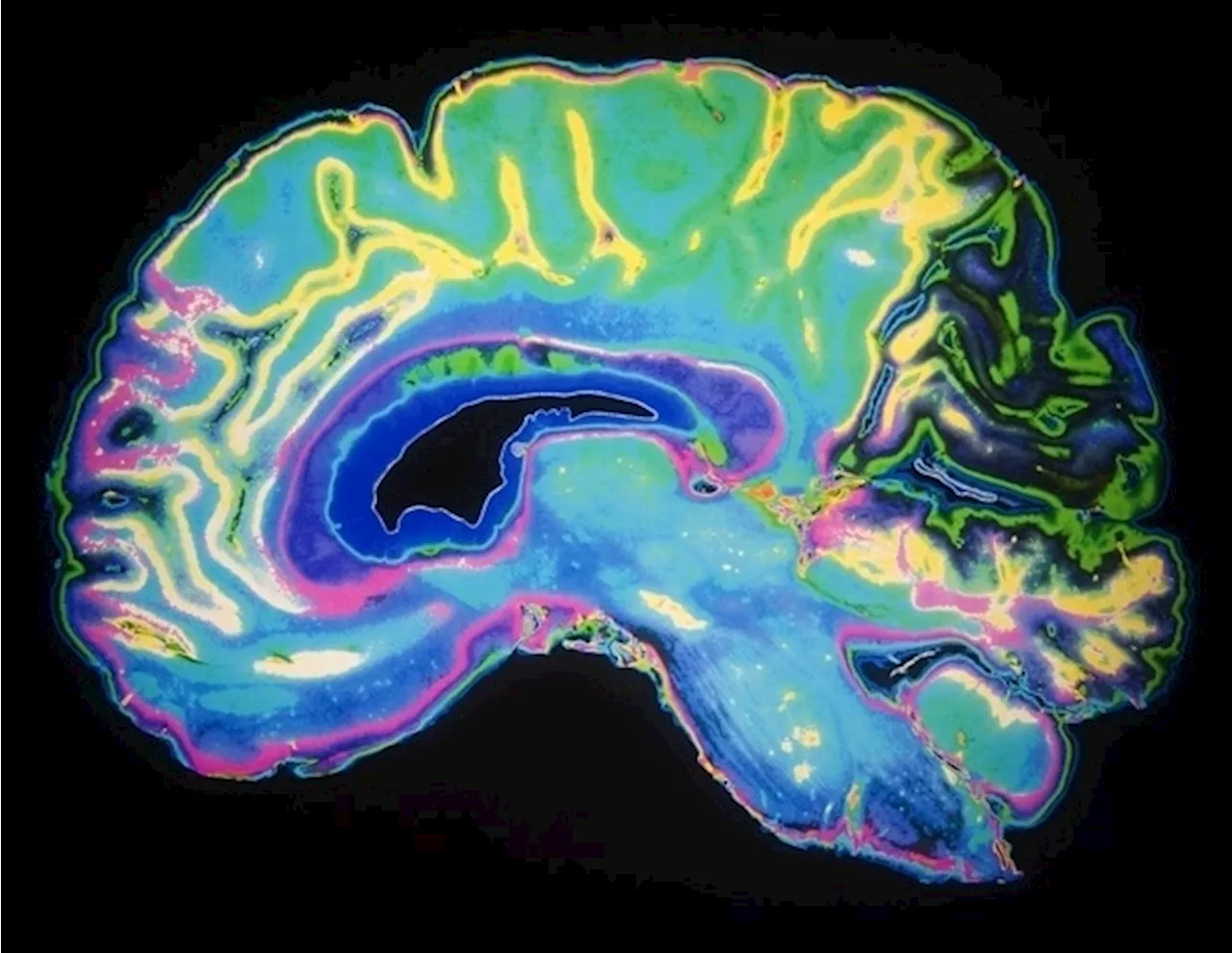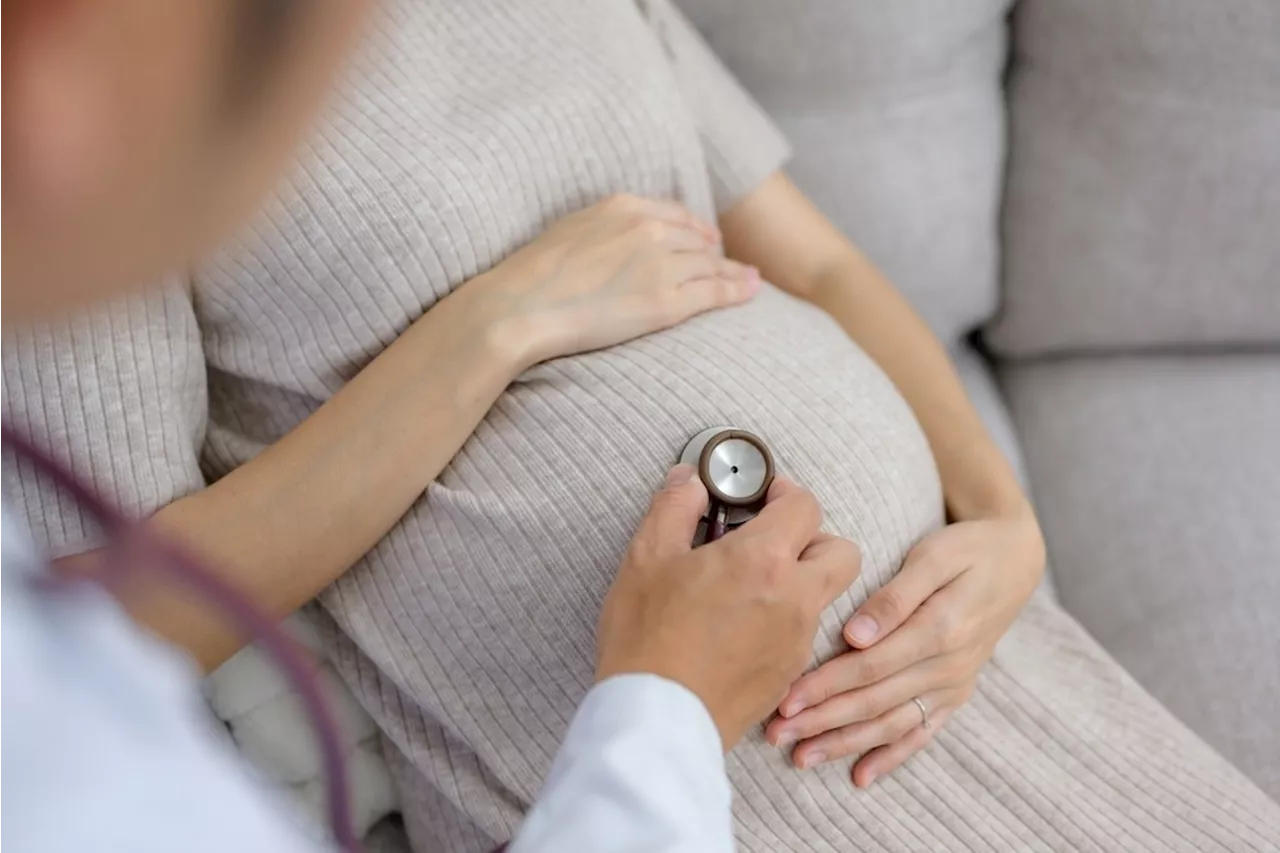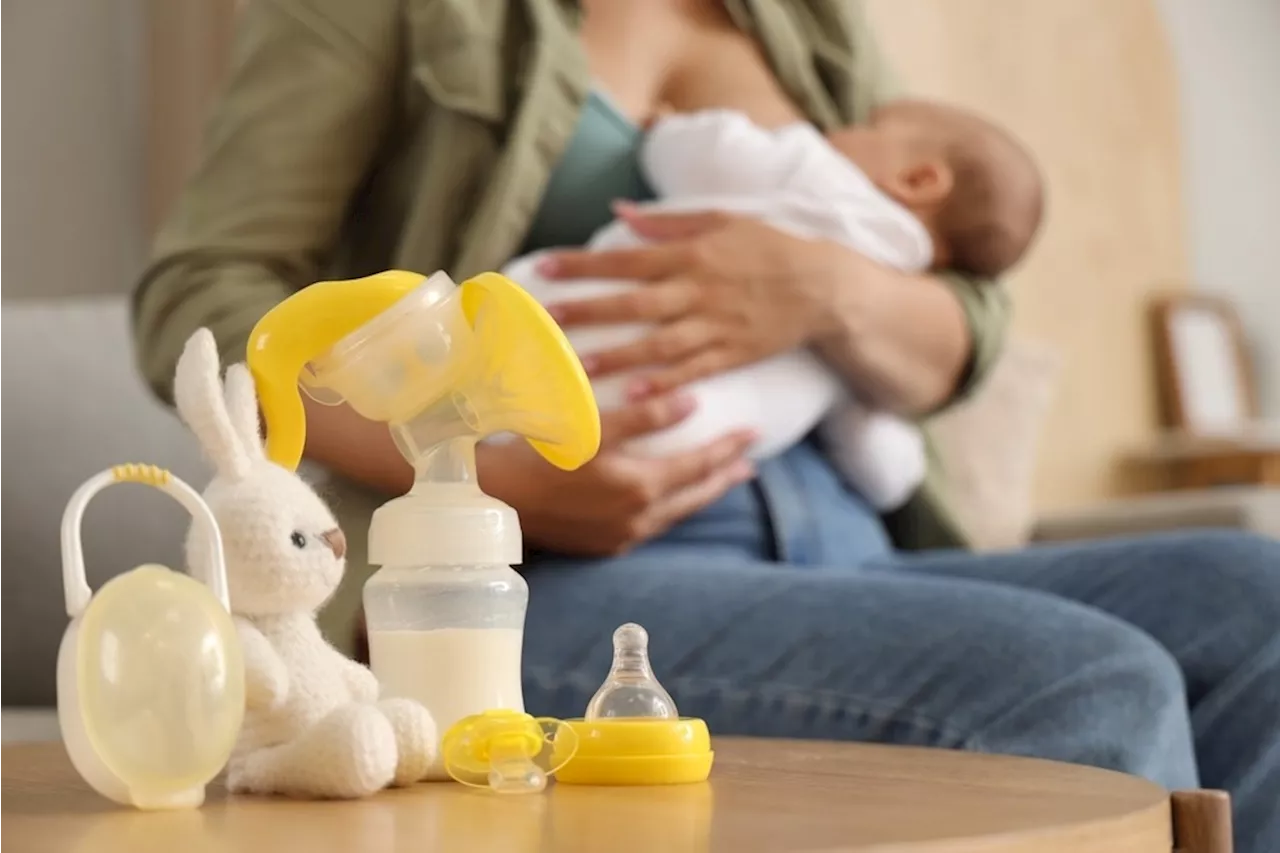The impact of maternal antidepressant and anti-inflammatory use on breast milk composition shows reduced protein and fat levels, affecting infant nutrition.
By Vijay Kumar MalesuReviewed by Danielle Ellis, B.Sc.Jan 9 2025 Breast milk from mothers on antidepressants or anti-inflammatory drugs shows reduced protein and fat levels
Over 70% of breastfeeding mothers use medications, yet their impact on milk composition remains unclear. Further research is needed to understand how medications may influence macronutrient levels in human milk. Medicated mothers were categorized into four groups based on exposure: selective serotonin reuptake inhibitors , monoclonal antibodies , systemic corticosteroids, and other anti-inflammatory drugs . Samples from mothers exposed to multiple medications were excluded.
Study results The study analyzed 384 milk samples, including 63 exposed to SSRIs, 63 to MABs, 33 to systemic steroids, 20 to other ADs, 141 from DMCs, and 64 from healthy, unmedicated mothers. Among the mothers, 7.0% were Asian, 12.5% non-Hispanic Black, 12.5% Hispanic, 75.8% non-Hispanic White, and 2.9% from other racial or ethnic groups.
Mood disorder prevalence was lower in SSRI-treated mothers compared to DMCs , while inflammatory disorder prevalence was lower among AD-treated groups compared to DMCs.
Antidepressant Anti-Inflammatory Body Mass Index Breast Milk Breastfeeding Cannabis Carbohydrate Diet Drugs Frequency Nutrition
United Kingdom Latest News, United Kingdom Headlines
Similar News:You can also read news stories similar to this one that we have collected from other news sources.
 How Smell and Hearing Work Together in the BrainResearchers at Cold Spring Harbor Laboratory have discovered how smell and hearing interact in the brain, shedding light on how maternal behavior is driven by these senses.
How Smell and Hearing Work Together in the BrainResearchers at Cold Spring Harbor Laboratory have discovered how smell and hearing interact in the brain, shedding light on how maternal behavior is driven by these senses.
Read more »
 DPH report tracks trends in Bay State birthsThe Massachusetts Department of Public Health's report on the 68,579 births in 2022 showed encouraging trends as well as worrisome maternal health outcomes
DPH report tracks trends in Bay State birthsThe Massachusetts Department of Public Health's report on the 68,579 births in 2022 showed encouraging trends as well as worrisome maternal health outcomes
Read more »
 Neurodivergent Family Ditches Christmas Traditions for a 'Happy Holiday'Laura Guckian, a maternal wellbeing expert and mother of three autistic children, shares how her family prioritizes routine and comfort during the Christmas season.
Neurodivergent Family Ditches Christmas Traditions for a 'Happy Holiday'Laura Guckian, a maternal wellbeing expert and mother of three autistic children, shares how her family prioritizes routine and comfort during the Christmas season.
Read more »
 Potential new mRNA-based therapy for pre-eclampsiaLipid nanoparticles targeting VEGF mRNA show promise in treating pre-eclampsia, restoring maternal blood pressure and enhancing fetal health in murine models.
Potential new mRNA-based therapy for pre-eclampsiaLipid nanoparticles targeting VEGF mRNA show promise in treating pre-eclampsia, restoring maternal blood pressure and enhancing fetal health in murine models.
Read more »
 Groundbreaking research offers hope for pregnant people with pre-eclampsiaPenn Engineers have made a critical breakthrough that bridges a major healthy equity gap for pregnant people with pre-eclampsia, a condition that arises due to insufficient blood flow to the placenta and results in high maternal blood pressure and restricted blood flow to the fetus.
Groundbreaking research offers hope for pregnant people with pre-eclampsiaPenn Engineers have made a critical breakthrough that bridges a major healthy equity gap for pregnant people with pre-eclampsia, a condition that arises due to insufficient blood flow to the placenta and results in high maternal blood pressure and restricted blood flow to the fetus.
Read more »
 AI tool could revolutionize placenta examination and improve neonatal careA newly developed tool that harnesses computer vision and artificial intelligence (AI) may help clinicians rapidly evaluate placentas at birth, potentially improving neonatal and maternal care, according to new research from scientists at Northwestern Medicine and Penn State.
AI tool could revolutionize placenta examination and improve neonatal careA newly developed tool that harnesses computer vision and artificial intelligence (AI) may help clinicians rapidly evaluate placentas at birth, potentially improving neonatal and maternal care, according to new research from scientists at Northwestern Medicine and Penn State.
Read more »
